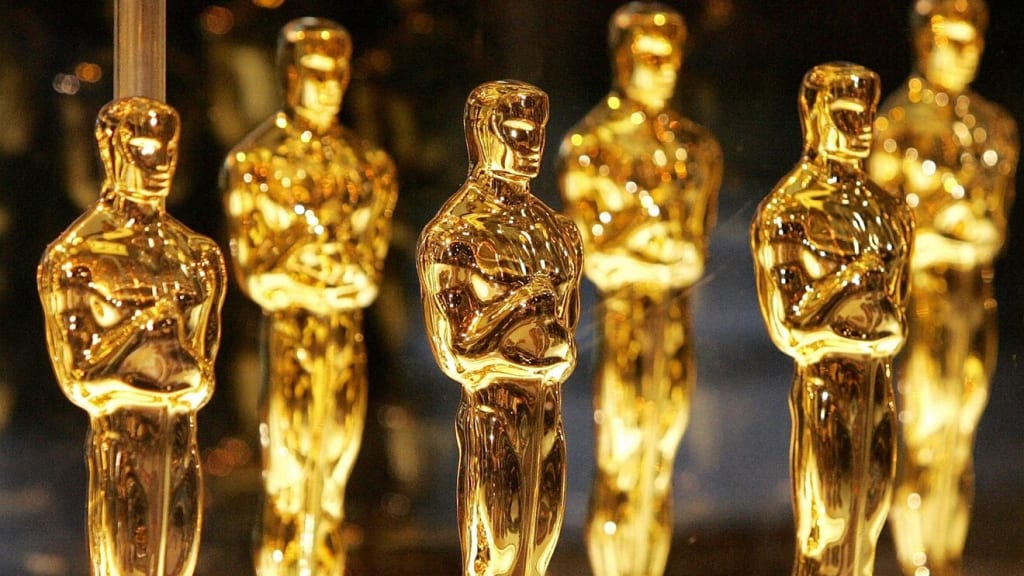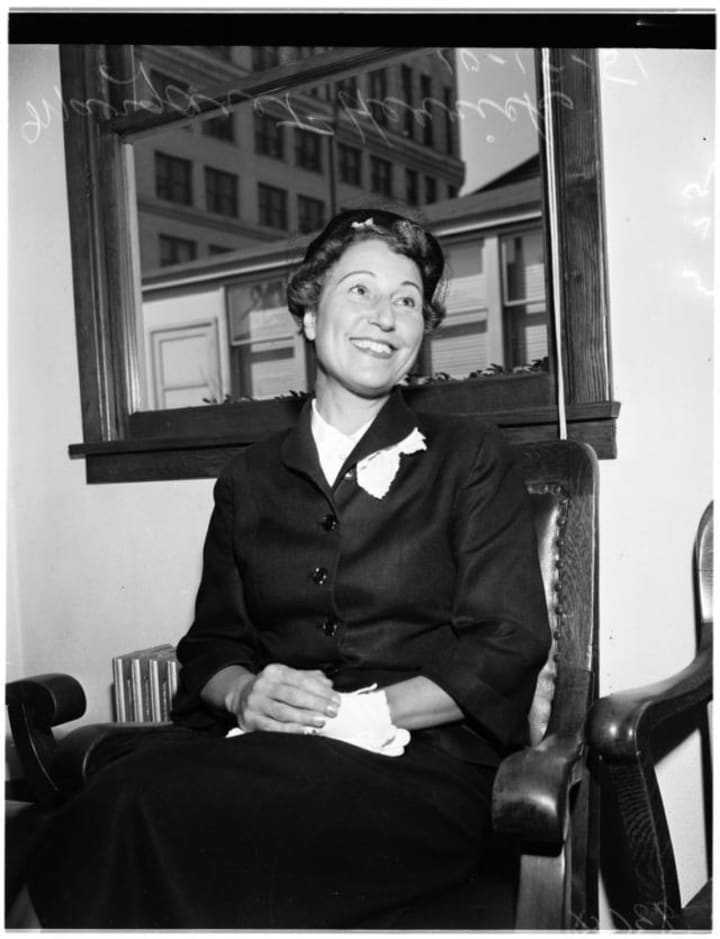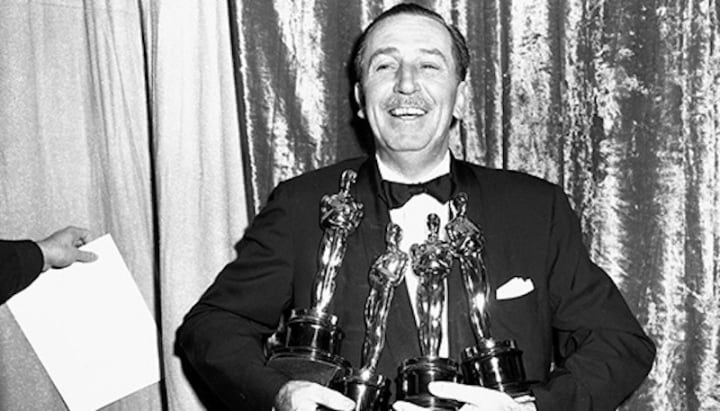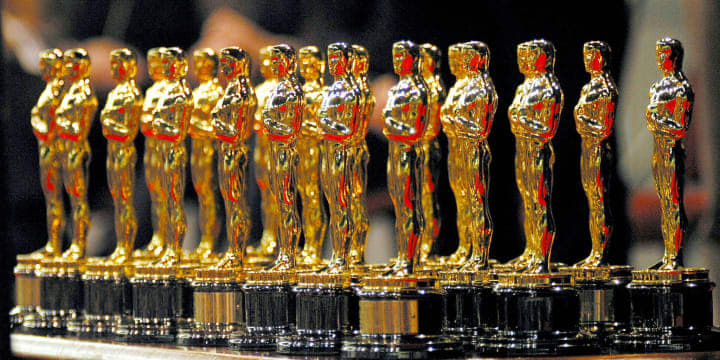
For nearly a century, the Oscars have captured the hearts and imaginations of film enthusiasts worldwide. As a passionate cinephile, It's interesting to explore the history and significance of this award.
So in this article, let's embark on a journey through time, exploring the evolution of the Oscars and delving into the some trivia that surrounds it.
Origins and Evolution
The Academy Awards, fondly known as the Oscars, made its grand debut in 1929. It all began when the Academy of Motion Picture Arts and Sciences decided to honor outstanding contributions to the film industry.
This iconic ceremony not only celebrates the best films of the year but also provides a platform to showcase the transformative power of storytelling.
Fun fact- The name "Oscar" supposedly originated from the Academy librarian, Margaret Herrick, who claimed that the statuette resembled her Uncle Oscar. Thus, the iconic moniker was born.

A Night of Talent and Glamour
Each year, the Oscars ceremony takes place amidst glitz, glamour, and anticipation. It brings together a diverse community of filmmakers, actors, directors, and technicians who have made remarkable contributions to the film industry.
The red carpet becomes a spectacle of fashion, as celebrities from around the world showcase their unique styles and designs. The world watches in anticipation as the brightest stars gather to celebrate the artistry and dedication that goes into making a film.
Over the years, the Oscars have evolved into a multi-structured event that recognizes excellence in various cinematic categories. From the thrilling Best Picture to the Best Director, the awards encompass a wide range of disciplines, celebrating the entire film-making process.
It's a testament to the collaborative nature of the industry, honoring talents from actors and directors to writers, cinematographers, and costume designers.
Trivia: Did you know that Walt Disney holds the record for the most Oscar wins with an astonishing 26 statuettes?

Celebrating Artistic Excellence
But the Oscars are meant to be more than just a glitzy affair; they serve as a beacon of artistic excellence. Through the recognition of outstanding achievements, the awards honor the craftsmanship, creativity, and storytelling prowess that make the magic of cinema come alive.
They inspire filmmakers to push the boundaries of their craft, resulting in the creation of groundbreaking films that leave a lasting impact.
Trivia: "Gone with the Wind" (1939) holds the record for the most nominations in Oscar history, receiving an astounding 13 nods. A timeless tale of love and survival in the backdrop of the American Civil War.
Cultural Impact and Global Influence
Beyond its glamour and allure, the Oscars hold immense cultural significance. The ceremony has the power to shape film trends, influence public opinion, and spark vital discussions on social and political issues.

The winning films and acceptance speeches often reflect the prevailing sentiments and concerns of their time, amplifying important messages that resonate with audiences worldwide.
In more recent times we have seen certain incidents that had made the oscars a place of ridicule, but thankfully the academy has taken actions in banning the individuals responsible.
Trivia: Kathryn Bigelow made history in 2010 as the first woman to win the Best Director Oscar for her gripping war drama "The Hurt Locker." Her achievement marked a significant milestone for gender representation in the industry.
Critique and Progress
While the Oscars are a celebration of cinematic brilliance, they have also faced criticism for their lack of diversity and representation. In recent years, there has been a growing demand for more inclusivity and recognition of under represented voices in the industry.

The multi-structured nature of the awards allows for ongoing dialogue and reform, providing opportunities for systemic change and a more equitable and diverse film landscape.
Trivia: Hattie McDaniel became the first African American to win an Oscar in 1940 for her role in "Gone with the Wind." It was a groundbreaking moment that paved the way for greater diversity in the years to come.
As a devoted film enthusiast, I am in awe of the rich history and multi-structured significance of the Oscars. From its humble beginnings to its global influence, this prestigious award ceremony continues to shape the landscape of cinema and inspire generations of film makers.

While it is not without its challenges, the Oscars remain an essential platform for recognizing and celebrating the transformative power of film. As the film industry evolves, the Academy continues to adapt, ensuring that the Oscars remain a beacon of recognition and inspiration.
With its ability to promote diversity, embrace new technologies, and honor outstanding talent, the Oscars will undoubtedly play a vital role in shaping the future of cinema, inspiring generations to come.
About the Creator
J.Maria
Musician/ Writer






Comments
There are no comments for this story
Be the first to respond and start the conversation.